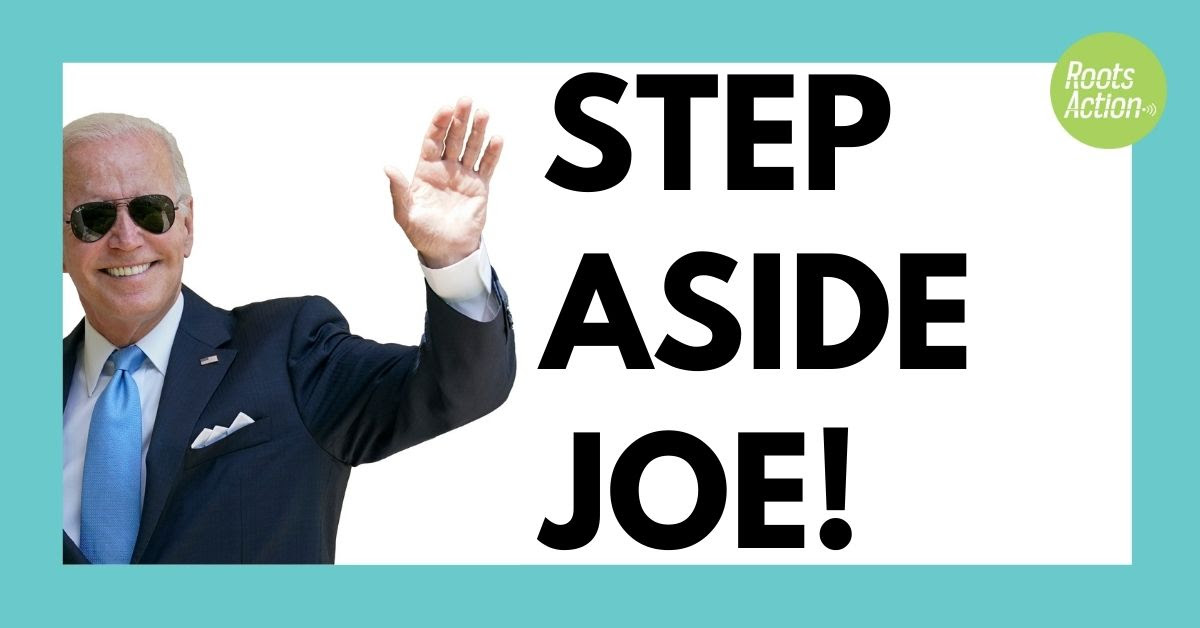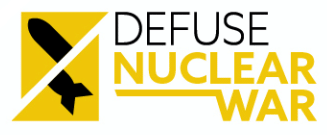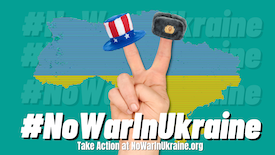Forty years ago, across a dozen pages of The Nation, I was in a debate with the English historian E.P. Thompson about the US-Soviet nuclear arms race, the relative culpability of both governments, and how activists should approach it all.
At the time, Cold War hostility was rampant. In a March 1983 speech to an audience of evangelicals, President Ronald Reagan declared that the Soviet Union was an “evil empire” and, for good measure, “the focus of evil in the modern world.” Weeks later, Soviet leader Yuri Andropov accused the United States of pursuing an arms buildup to win a nuclear war; in his words, “not just irresponsible, it is insane.” Both countries were gunning their military-industrial engines in a feverish drive for more advanced nuclear arsenals.
Such was the frightening distemper of the times. But a grassroots movement calling for a bilateral freeze on nuclear weapons had quickly gained wide support and political momentum since Reagan took office. In April 1982, he responded to the growing upsurge of alarm with a radio address that tried to reassure. “Today, I know there are a great many people who are pointing to the unimaginable horror of nuclear war. I welcome that concern,” Reagan said. He added that “a nuclear war cannot be won and must never be fought.”
Two months later, not mollified by soothing words, 1 million people gathered in New York’s Central Park at a demonstration for nuclear disarmament and peace. That protest was part of a transatlantic uprising against reckless escalation of the arms race. Activists struggled to challenge a spiraling arms contest propelled by two nations with very different political systems but mutual reliance on brandishing huge quantities of nuclear weaponry.
Deeply unsettling as that era was, the specter of omnicide now looms much larger. Inflamed tensions between Washington and Moscow while the Ukraine war rages—as well as between the US and China, over Taiwan and the East China and South China seas—are making a nuclear conflagration plausible via any one of numerous scenarios. Meanwhile, disagreements over how to view relations between the United States and Russia are roiling peace groups and much of the left here at home. Fears of being perceived, if not smeared, as pro-Putin or sympathetic to Russia are palpable, with ongoing constraints on advocacy.
We hear next to nothing about the crying need to reinstate the Open Skies and Intermediate-Range Nuclear Forces (INF) treaties canceled by President Trump or the Anti-Ballistic Missile treaty canceled by President George W. Bush, while the absence of those pacts today makes a nuclear war with Russia more likely. Neither Barack Obama nor Joe Biden tried to revive those agreements snuffed out by their Republican predecessors.
For his part, beginning with the Ukraine invasion, Putin has done much to boost atomic tensions. His threats to use nuclear weapons said the usually un-trumpeted doctrine out loud. Both Russia (except for an 11-year hiatus) and the US have always been on record as asserting the option to be the first to use nuclear weapons in a conflict.
The war in Ukraine has thrown the world closer to a thermonuclear precipice than ever. And, while daily horrors are being inflicted on the Ukrainian people by Russia’s warfare, the prevailing attitude in the US is that Putin isn’t worthy of negotiations over much of anything.
But if efforts for détente and arms control should be put on the back burner when a superpower is making horrific war on a country after an illegal invasion, neither Soviet Premier Alexei Kosygin nor President Ronald Reagan got the memo. In 1967, while the US government was escalating the Vietnam War, Kosygin met with President Lyndon Johnson in direct talks that lasted for more than a dozen hours at the Glassboro Summit in New Jersey. Twenty years later, Reagan met with Soviet leader Mikhail Gorbachev at the White House, where they signed the INF treaty; at the time, Soviet troops were continuing their war in Afghanistan, which took an estimated 100,000 Afghan lives, while the CIA provided military aid worth billions of dollars to mujahideen resistance fighters.
Midway through 1983, at the end of the published exchanges between E. P. Thompson and me, TheNation told readers that “the debate ventilates important issues, tactical and philosophical, confronting the antiwar movements in this country and in Europe.” Echoes of those important issues are with us now, and the stakes could not be higher.
Renowned as a social historian, Thompson was also a prominent leader of the European disarmament movement during the 1980s. He warned against “sleepwalkers in the peace movement” of the West who, he contended, were toeing the Soviet line while blaming the arms race on the United States. “Neither moralism nor fellow-traveling sentimentalism,” he wrote, “can be of any service in guiding the peace movement in its difficult relations with the Communist states.” The rulers of those states “are the ideological look-alikes of their opposite numbers in the West, thinking in the same terms of ‘balance’ and security through ‘strength.’”
Read the rest at The Nation.










